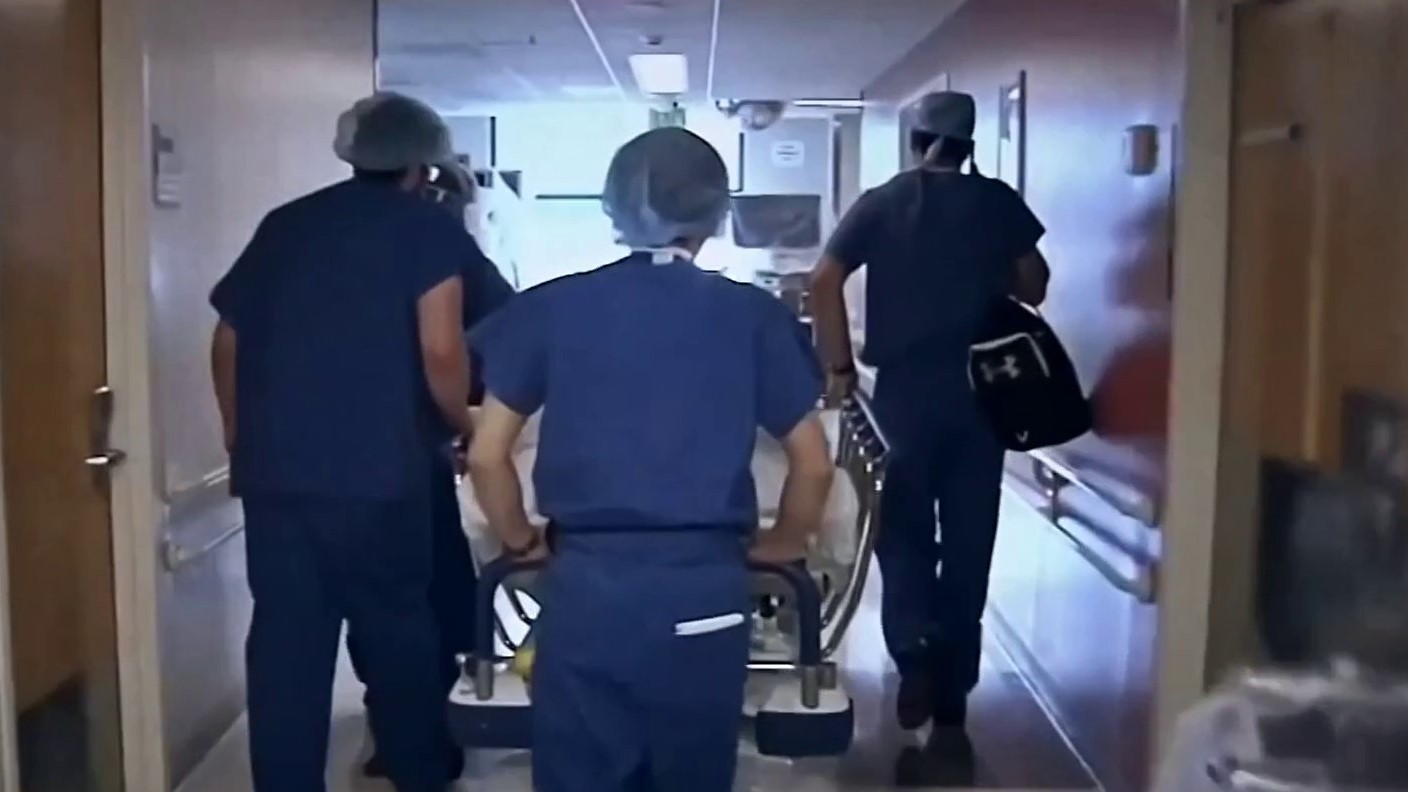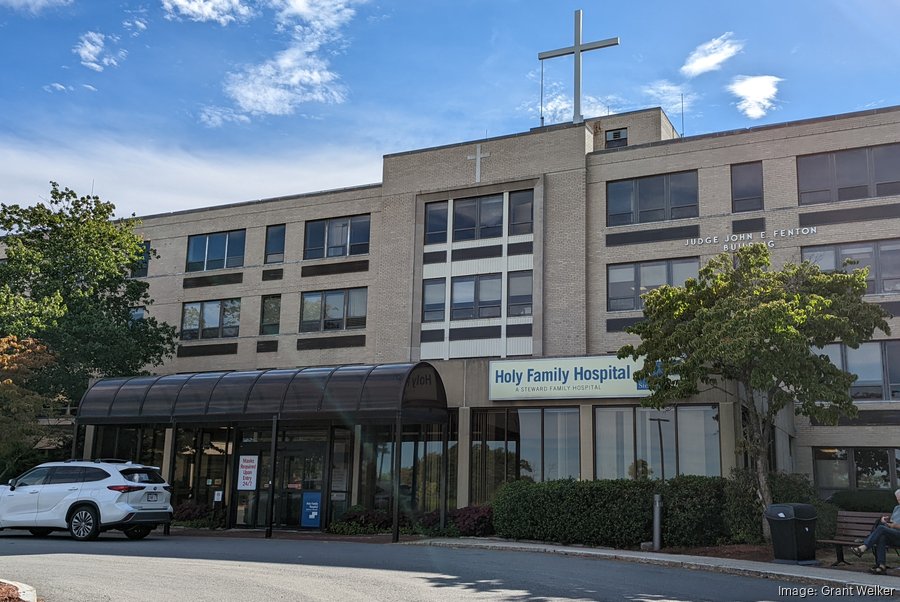The fiscal problems at Steward Health Care that exploded into view in recent weeks could push lawmakers into action to “make sure that this never happens again,” according to the top Senate Democrat.
Senate President Karen Spilka said she believes the Healey administration has the primary authority to navigate the potential upheaval, and her chamber is most concerned about “the continuation of patient safety and patient access to care.”
The uncertainty at the system that operates nine hospitals in Massachusetts raises questions about how the problems got so bad with little public warning and how policymakers can prevent a repeat.
Spilka told NBC10 Boston’s @Issue that one potential area of reform might be the Health Policy Commission.
“That was created a little bit more than 10 years ago. Things have changed,” Spilka said in an interview that aired Sunday. “Our health care systems have changed. Private equity has gotten involved in it. Can we make some changes to make sure that this never happens again?”
Spilka said she hopes to work with the House on the topic but added “we haven’t had discussions yet.”
Asked by co-host Sue O’Connell if the public could expect Senate hearings about the topic, Spilka replied, “There can be hearings or joint hearings. I think it would be nice to partner together with the House and work on this.”
“But to hear from experts, since this is a whole new day in health care — what happened here?” she added. “What could we have done? Could we have done anything to prevent this along the way, and what do we need to do to make sure it doesn’t happen with other health care providers?”
More on the Steward Health Care crisis
Most elected officials appeared blindsided by the mid-January revelation, much of it driven by reporting in the Boston Globe, that Steward was teetering on the brink of financial crisis. Regulators in the past had chided Steward for allegedly failing to submit required hospital financial data for review, and they have upped their criticism of the for-profit system in recent weeks.
The state Department of Public Health has had surveyors conducting daily site visits at three Steward hospitals since Wednesday to review staffing levels, daily patient census and the supplies and services provided.
Steward in 2010 won then-Attorney General Martha Coakley’s endorsement for its $495 million acquisition of non-profit hospitals in Brighton, Brockton, Dorchester, Methuen, Norwood and Fall River from the faith-based Caritas health system. Coakley’s office said at the time there were risks involved in a “non-profit to for-profit conversion,” but that the potential hazards were “outweighed by the previously described risks of not undertaking the transaction.”
Steward officials have argued that their struggles are fueled by structural problems and the concentration of resources in larger, academic medical centers. Community hospitals like the ones Steward operates typically serve a higher share of Medicare and Medicaid patients, and those public plans tend to reimburse at lower rates than private insurers.
On Friday, Steward leadership announced they had agreed to principal terms for “bridge funding” that would help stabilize its operations. Executive Vice President Dr. Michael Callum said Steward does not plan to close any of its hospitals, but might eventually look to transfer facilities to new ownership.
“There’s a little bit of a reprieve with the most recent announcement for funding, but this is a problem we’re going to have to be involved in, I think, for several more weeks and months,” Driscoll said.
Massachusetts Medical Society President Dr. Barbara Spivak said the stopgap funding “temporarily averts catastrophic consequences for our already stretched health care infrastructure” and called on leaders to “seek a sustainable plan for Steward hospitals.” She specifically urged the HPC to “thoroughly examine and monitor any future transactions involving Steward in Massachusetts.”
“Our patients, especially those who live in historically underserved communities and depend on Steward for their health needs, must have access to and continuity of care to prevent further exacerbation of health inequities,” Spivak said.
Even before Steward’s specific issues became clear, experts and policymakers were ramping up their warnings about pressure points in the health care industry. The most recent annual cost trends report warned about prices and costs “moving in the wrong direction,” providers across the state continue to struggle with staffing and capacity shortages, and HPC officials said in December that private equity investments in health care were especially “calling out for some policy reform.”
Regulators at the HPC have been urging lawmakers to grant them additional muscle to help rein in some of the problems they see, but House and Senate Democrats have left specific recommendations untouched or been unable to get on the same page.
The Senate last year approved a prescription drug pricing bill for the third session in a row, and neither prior version received a vote in the House. Meanwhile, Speaker Ron Mariano has long eyed action to expand oversight of larger hospital expansions into territories covered by community hospitals, an idea that has not picked up momentum in the Senate.
Mariano said last spring that he supports action to strengthen the HPC to give the agency the “relevant professional experiences” to deal with the current landscape and to allow its experts to more closely scrutinize the pharmaceutical industry. He also signaled at the start of the year — before the Steward crisis emerged — that he planned to bring forward a series of bills this year to tackle various health care issues.
“The entire health care system is still reeling from the effects of the pandemic: hospital emergency departments are still overflowing, providers ranging from primary care offices to entire acute care hospitals are facing closure, bankruptcy or consolidation, and health insurance is becoming increasingly unaffordable for the average Massachusetts family,” he said in January.





